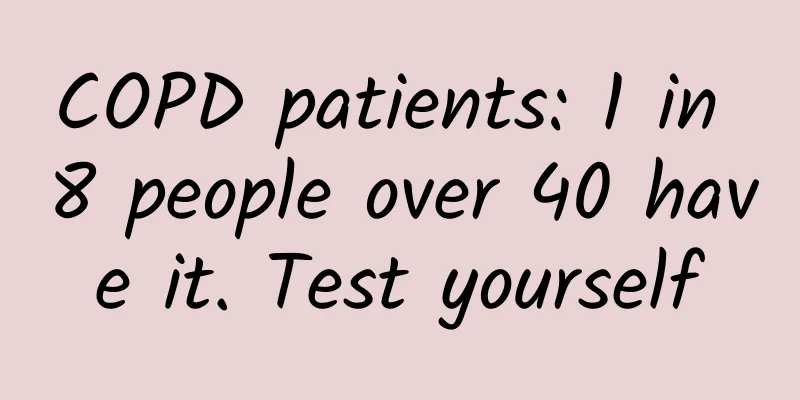Menopause after age 55 increases breast cancer risk

|
Nowadays, many female friends in their 40s take estrogen drugs without the guidance of a doctor, in order to prolong their menstrual period and postpone menopause. Recently, Professor Xu Binghe from the Department of Internal Medicine at the Cancer Hospital of the Chinese Academy of Medical Sciences and Peking Union Medical College said that women who stop menstruating after the age of 55 have a high risk of breast cancer. This is undoubtedly the opposite of what female friends think. Why is this the case? Delayed menopause increases risk of breast cancer Sun Zhijun, professor and deputy director of the Department of Breast, Thyroid and Pancreatic Surgery at the Second Affiliated Hospital of Chongqing Medical University, also confirmed the statement that "women who go through menopause after the age of 55 have a higher risk of breast cancer." This is because the estrogen level in women is related to the incidence of breast cancer. Estrogen is a physiological hormone. Once the level rises, it will prolong the stimulation of the breast epithelium, change the endocrine environment in the body, cause cell malignancy, and cause breast cancer. Those who have early menstruation and late menopause, such as those who stop menstruating after the age of 55, are at high risk of breast cancer. Therefore, late menopause is not a good thing, and female friends should not pursue it blindly. In addition, women who marry late, have children late, have children after the age of 35, or have never breastfed are also more likely to develop breast cancer. A comprehensive physical examination is required before taking estrogen supplements Sun Zhijun also said that it is very dangerous for menopausal women to supplement estrogen indiscriminately. Once women enter menopause, their estrogen levels may drop sharply, and they may experience osteoporosis, vaginal dryness, hot flashes, sweating, irritability and other discomforts. Although hormone replacement therapy can help improve discomfort and improve their quality of life, it may also increase the risk of breast cancer and uterine cancer. Therefore, before undergoing hormone replacement therapy, the patient must first be comprehensively examined by a doctor to rule out diseases of the uterus, breasts, and ovaries, as well as to check liver and kidney function, blood viscosity, etc. to confirm that the patient has no relevant contraindications. Regular monitoring by your doctor is also required throughout treatment. Therefore, we should be cautious about the unauthorized long-term use of large amounts of estrogen in order to retain youth, prolong menstruation, or delay menopause, or the long-term use of estrogen cosmetics or health products. |
<<: Excessive menstrual bleeding can be a health warning
>>: Women should take care of themselves and not use gynecological care products on their own
Recommend
Can car loans be extended during the epidemic? What should I do if I can't pay back my car loans during the epidemic?
We all know that car loans are quite common, and ...
What is right ovarian cystic lesion?
Right ovarian cystic lesions refer to ovarian cys...
Clothing taboos for girls with narrow shoulders
Everyone's shoulder width is different. Altho...
What happens if skin allergies don't itch?
It is actually not common for skin allergies to n...
What are the effects of a cold during five months of pregnancy on the fetus?
When a woman is pregnant, her body's resistan...
Is it a mental illness for girls to self-harm?
Depression, anxiety, anorexia and even masochism ...
Youth With You 2 Why is Zuo Zhuo called Woodpecker? Introduction to Zuo Zhuo's personal information
Recently, the female version of Youth With You 2 ...
Dark menstrual period affects fertility
For women, fertility issues are the most importan...
Teach women six ways to prevent breast aging
1. Choose a bra that fits you After the developme...
My breasts are still swollen after my period
The breast is the most important physiological fe...
What are these small bumps around my chest?
It is well known that women's breast health i...
Have you considered these factors for the reasons of scanty menstrual flow?
Many young women do not take light menstrual flow...
What is the cervical cyst?
Cervical cyst is a type of gynecological disease ...
What is the reason for blood in urine?
Many friends expressed that they did not know wha...
How to remove the gauze after biopsy
For some patients with cervical erosion, puncture...









